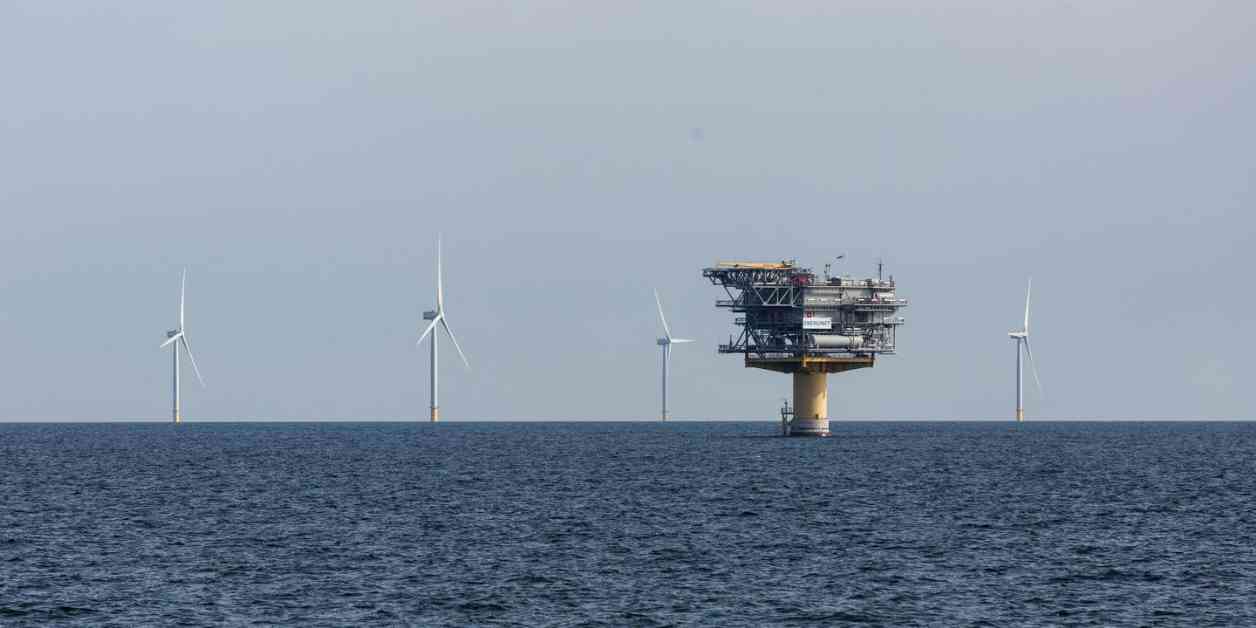The recent decision by the Swedish government to reject 13 offshore wind projects that were expected to produce 140 TWh of electricity per year has sparked controversy both within Sweden and abroad. The government cited national security concerns as the reason for the rejection, especially given the heightened tensions with Russia.
Sweden currently generates its electricity from a mix of sources, including hydropower, nuclear, onshore wind, thermal energy, and solar power. The government had set a target of producing 300 TWh of electricity by 2045 to meet the country’s demand, with the 13 offshore wind projects playing a significant role in achieving this goal.
However, Defense Minister Pal Jonson emphasized the need to prioritize national defense interests in light of the current security situation in Sweden, particularly due to the presence of the heavily militarized Russian enclave of Kaliningrad in the Baltic Sea. The Swedish armed forces expressed concerns that offshore wind installations could compromise the country’s defense system by interfering with military radars and sensors.
While the government’s decision was based on security considerations, many experts and industry stakeholders have criticized the blanket rejection of the projects without offering any alternatives. Some view the move as politically motivated, especially as it coincides with upcoming official investigations that could impact the offshore wind sector in Sweden.
One such investigation is looking into the existing system that allows companies to propose projects freely, creating uncertainty for the military in terms of which projects will actually be approved. Advocates for the offshore wind industry are calling for a more structured auction system to designate specific areas for development, providing clarity for both developers and the military.
The government’s decision has raised questions about the future of renewable energy transition in Sweden, as offshore wind plays a crucial role in achieving decarbonization goals. Balancing national security concerns with the need for sustainable energy sources will be a key challenge for policymakers moving forward. The outcome of this debate will not only impact Sweden’s energy landscape but also set a precedent for how other countries navigate similar challenges in their renewable energy transitions.

















